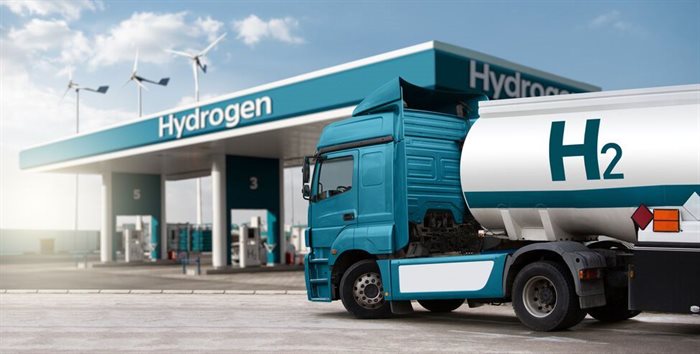
The countries launched the alliance at the first Green Hydrogen Global Assembly in Barcelona, with support from the UN Climate Change High-Level Champions, the Green Hydrogen Organisation, the African Development Bank, and the UN Economic Commission for Africa.
They aim to foster collaboration on creating a sustainable enabling environment to boost green hydrogen development. This includes development of public and regulatory policy, capacity building, financing and certification needs to mobilise green hydrogen production for domestic use and export.
The alliance is now inviting more countries to join in this effort, responding to the opportunities presented by lower cost renewables, fast-developing electrolyser technology, and signals in some major markets that green hydrogen demand is likely to emerge at scale this decade.
The six founding countries intend to make the alliance a platform for collaborating on workstreams, exploring synergies between green hydrogen projects, sharing lessons learned, and research and development, as well as collaborating with the private sector, development finance institutions and civil society.
Green hydrogen, produced with renewable power, has the potential to rapidly decarbonise hard-to-abate industrial sectors such as steel, chemicals, fertilisers, shipping and trucking. Many African countries are well-suited to develop green hydrogen, with strong solar and wind energy potential and large tranches of non-arable land. This could provide Africans with new access to clean energy sources, job opportunities in the zero-emission economy, public health benefits such as cleaner air, domestic wealth creation and export revenues.
For example, South Africa’s goal to deploy 10 gigawatts of electrolysis capacity in the Northern Cape and around 500 kilotons of hydrogen per year by 2030 is forecast to create 20,000 jobs per year by then and 30,000 by 2040. Namibia’s planned $9.4bn green hydrogen project is expected to create 15,000 jobs during construction and 3,000 permanent positions – 90% to be filled by Namibians. Projects are also planned in Egypt, Mauritania and Morocco.
However, developing green hydrogen at scale and reducing its production costs will require cooperation and collaboration across governments, businesses, investors, multilateral development banks, civil society, technical and academic experts and others. Governance will also be key, with transparency and accountability central to ensuring the green hydrogen sector avoids the pitfalls that have plagued extractive industries on the continent for so long.
Said UN Climate Change High-Level Champion Nigel Topping: “With its huge renewable energy resource wealth and land space, Africa has a chance to become a frontrunner in this burgeoning green hydrogen industry, creating zero-emission jobs, domestic energy supplies and export revenues fit for a decarbonised future. But to get there, we need radical collaboration across the governments, the private sector and civil society – as the Africa Green Hydrogen Alliance will foster.”